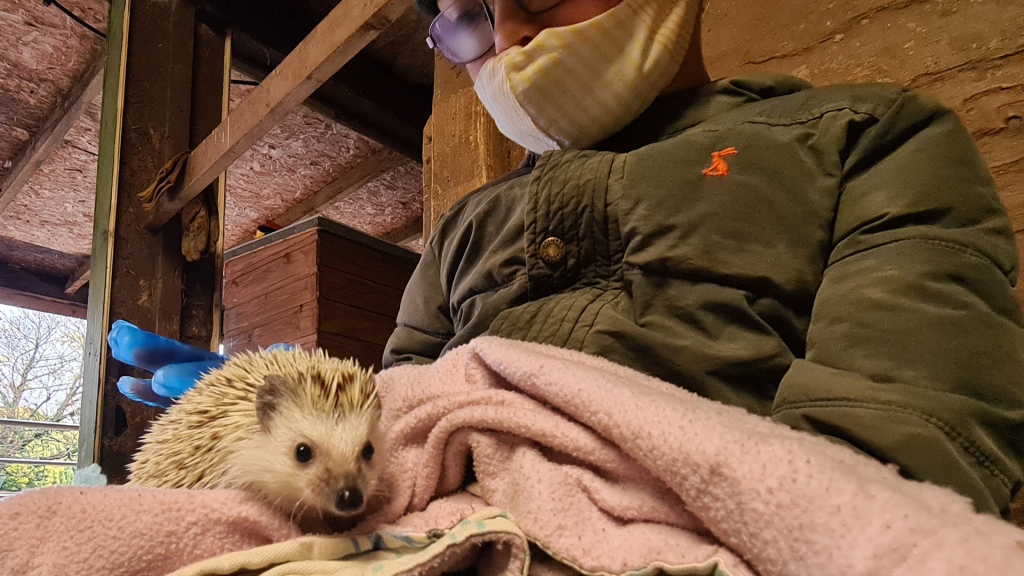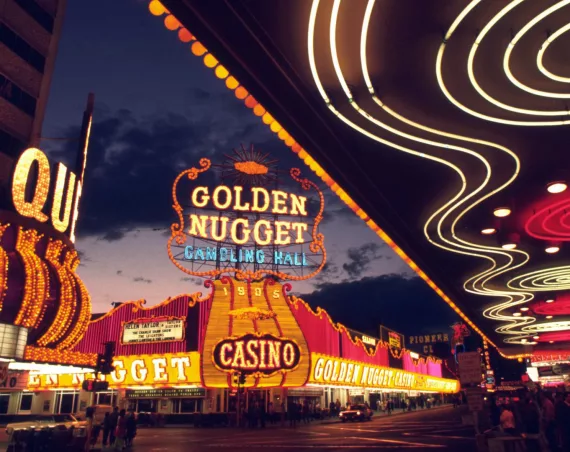
At the zoo
Powered by RedCircle
Hello and welcome to Learn English Vocabulary. My name is Jack and I’m making this podcast for you to learn or revise English vocabulary. You can find a transcript of this podcast on LearnEnglishVocabulary.co.uk. There’s a page for this podcast with the transcript, an activity and a task for you to do in the comments section.
I’m sorry I didn’t publish more podcasts last week. You see, I was really busy. I write and record these podcasts after work and after my children have gone to bed. Which means I don’t have a lot of free time. Last Friday, my eldest son Nick turned seven. That means, it was his seventh birthday. So I was really busy preparing for his birthday. I baked a cake and we put up decorations and wrapped his presents. He couldn’t have a birthday party this year so we tried to make the day as special as possible.
A birthday trip to the zoo
On Saturday, we went to the zoo. Nick is mad about animals. He loves nature and is already quite passionate about conservation. So we booked a junior keeper day at a local zoo so he could go and help feed the animals and get to meet some animals up close. When I was a child, I wanted to be a zookeeper. I thought that they got to play with animals all day and didn’t know how much time they spend cleaning. However, I was very excited to meet the animals, too.
In this podcast, I’m going to talk about our trip to the zoo. I want you to listen to my story and also listen for the discourse markers I use to show the order of the events in the day. Discourse markers are words we use to give extra information about what we’re saying. We can use them to provide structure and order what we’re saying or we can use them to highlight that something is important or that we have more to say. They are very important words to learn because they can make you seem much more fluent when you are speaking.
Starting an anecdote
OK – so, where should I start? Once upon a time … no, this isn’t a fairy tale, I’m telling you an anecdote. Let’s start with … to begin with.
To begin with, we had to get up early. The zoo is called Hoo Farm and it’s a little zoo about an hour’s drive away. We piled into the car after a rushed breakfast and set off. It was raining on the way there, but we were all very excited. My wife was going to take our youngest round the zoo as he’s only four and too young for the junior keeper experience.
We pulled into the car park just in time. Firstly, we had to check-in at reception. We went straight to the ticket office and showed our booking forms. We both got wrist bands to show we were on the junior keeper day. After that, we had to wait around the corner with the other junior keepers.
The real keeper who was called Robyn, met us right on time and lead us to a sheltered barn. We sat down and she nipped off to collect the first animal. At first, I wasn’t sure what she’d brought us. It was all wrapped up in a pink blanket. When she unwrapped it, it was a little hedgehog. It was actually an African Pygmy Hedgehog which I think is a crossbreed that has been bred to be kept as pets. It was very cute but did go to the toilet on Nick.

Sequencing events
Next, the keeper brought us a skunk to hold. It was an albino skunk and had a bit of a smell, but wasn’t too bad. Apparently, they only really spray when they are scared. Apart from the young ones that spray all the time just for fun.
After that, the keeper brought a big tortoise. It was a red-footed tortoise with a very grumpy expression. I am not a big fan of tortoises. They don’t do much. They are cool because they have been around on the planet for so long and look a bit like dinosaurs, but I don’t think I want one as a pet. The next animal, however, was a different story.

Robyn said: I’m going to take the tortoise back and I’m going to get a snake. This caused a bit of a stir. We were all talking about the type of snake she’d get. Maybe a python, or a corn snake. I was sure she’d bring us back a little corn snake, but I was wrong. When she came back, she had a massive boa constrictor over her shoulders. She handed most of the snake to Nick but held onto the snake’s head. It was really lovely to touch and was very friendly. It kept trying to slither around the keeper’s face and neck.

After that, we left the shed and were taken to the lemur enclosure. It was raining and all of the lemurs were tucked away in their little houses. After a while, the rain stopped and Robyn managed to persuade the lemurs to come out to have some banana. We all got the chance to feed the lemurs. They were very confident and would happily take the banana from our hands.

Final markers
Lastly, we were taken away from the lemurs to a special enclosure to meet a couple of meerkats. Normally, meerkats are supposed to be quite aggressive and don’t like to be touched, but the two that we met had been hand-reared and couldn’t join the gang in the main meerkat exhibit. These meerkats get handled a lot so they are quite happy climbing on people and don’t mind being stroked. They have very cute little faces so I think they were most people’s favourite animal on the trip. I think I preferred the boa constrictor, but they were all very nice.
At the end, we were all led to a place to wash our hands and said goodbye to Robyn the keeper. Finally, Nick and I wandered around the rest of the zoo for a bit and then went back to the car. It was a really lovely day out for Nick and me.
Focus on discourse markers
Now, let’s think about discourse markers. I pretended to start my anecdote with once upon a time. This is one of the most famous discourse markers in English for young children because it’s how fairy tales and many stories for children start. However, it’s not appropriate for a personal anecdote.
To begin with and firstly
In this story, I used the following discourse markers to say what happened first. I said: to begin with … and firstly … These are quite straight forward and are simply used to order events. I also said at first. This is similar, but it is used in a more complex sentence. At first something happens … but then … something different happens. We often use it when we have been mistaken about something. At first, I thought it was a tiger, but as I got closer, I saw it was a tabby cat.
I also used the discourse marker: let’s start with … You don’t really use this when you are telling a story, but you can use it in a meeting to order the topics you are going to talk about.
After that and next
The next set of discourse markers I used were simply to show there was a sequence. These were after that and next. You could also use then or and then, but these seem more suited to describe actions that follow one another immediately. So if you are giving someone directions, you could use a mixture of then, next and after that. Turn left, then at the traffic lights go straight ahead, after that, at the roundabout take the third exit. Next, turn right at the police station.
In a formal context, you could also use subsequently, but this is not common for telling someone an anecdote. It sounds like a discourse marker from a police report more than a story about a trip to a zoo.
Lastly, at the end and finally
I used three different discourse markers to talk about the end of the story. I used lastly to say what was the final event in a series. I said at the end to say where we were taken when the keeper’s part was over and then finally to say what happened last of all at the zoo. I think that these discourse markers could be swapped around without changing the meaning. Perhaps finally is a bit stronger than lastly.
You can say at the end or in the end and the meaning is very similar. At the end is used to talk about the time that the event or situation ended and in the end to talk about the condition or consequence of an event. This is quite a complicated thing to explain. At the end of the play, the actors took their bows. In the end of the play, the hero won the heart of the leading lady. I’m not sure that’s a good example. In the end can mean when you think about everything that has happened. So you would say: everything worked out for the best in the end.
Now, I have come to the end of this podcast. I will create a language challenge for you to practise using some of these discourse markers after the transcript on LearnEnglishVocabulary.co.uk. There will also be a question for you to answer in the comments section.
If you have enjoyed this podcast, please leave me a comment or a rating or a review. I love to hear from you and any comments or suggestions you have. So please visit LearnEnglishVocabulary.co.uk and say hello.
Thanks for listening.





2 Comments
Nicky
Hello Jack,
Great lesson about the zoo
It looks like you had a blast!
Just in case, could you do a lesson about the song “Castle on the hill” from Ed Sheeran. Last week I listened to it many times and I ran across many vocabulary words that I wasn’t really familiar with. I looked the unfamiliar words in the dictionary but I couldn’t understand it very well.
This is just a suggestion
Kind regards
Nicky
PS: I am always looking forward to listening more of your podcast episodes. They are helping me a lot.😊
liora
Dear Jack . Thank you so much for this interesting and experiential podcast I really love all kinds of animals.